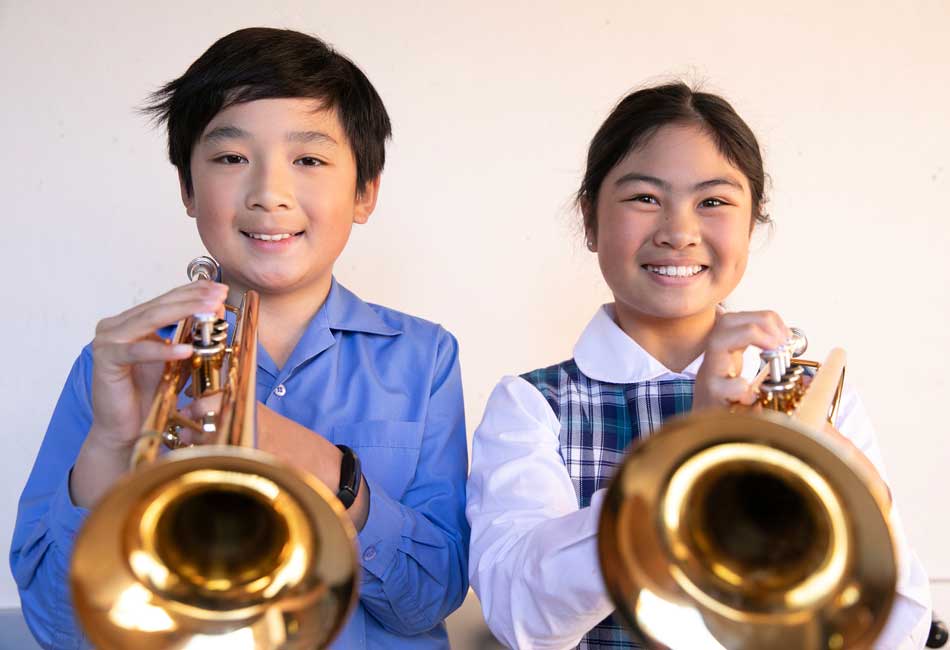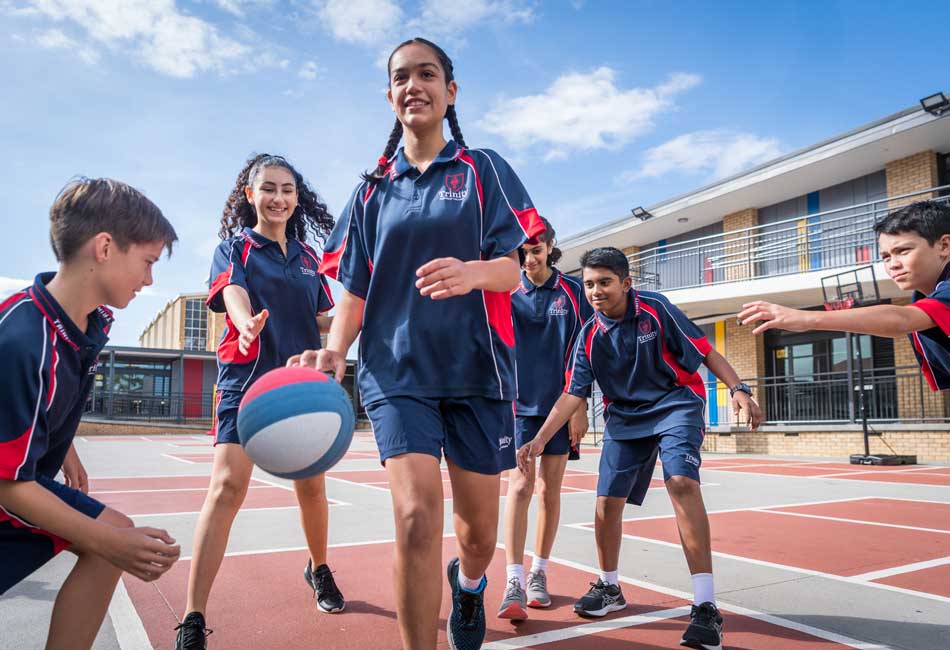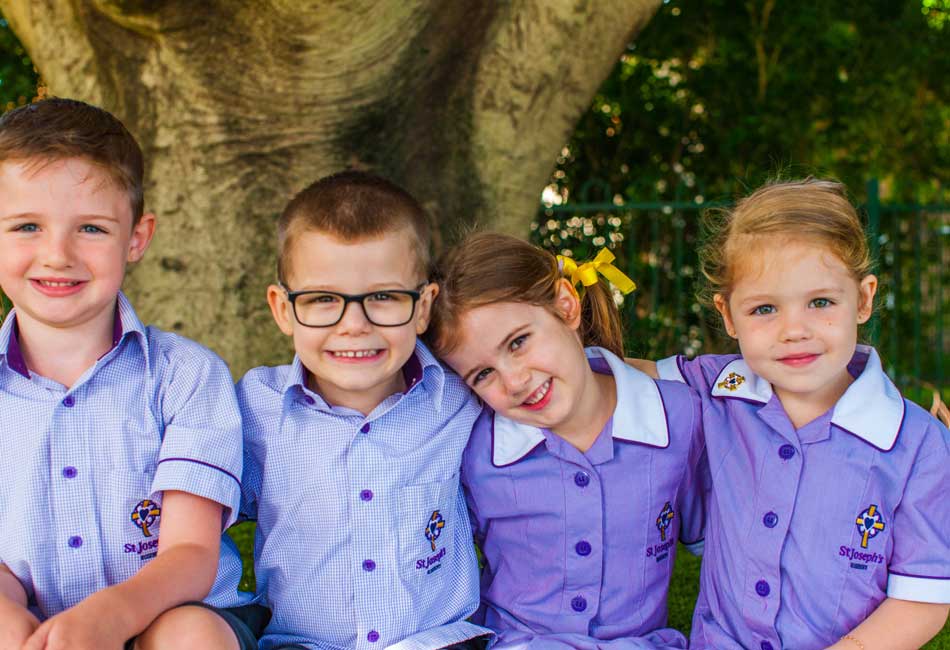The benefits of learning a musical instrument begin well before your child is playing sweet melodies with ease and enjoyment.
Research has shown that each tentative note can strengthen neural pathways in the brain and lead to learners who are more confident, resilient and self-aware.
The planning, monitoring, discipline and self-evaluation involved in mastering an instrument can be applied in other school subjects and areas of life.
Danielle Fuller, Sydney Catholic Schools’ Manager: Performing and Visual Arts, believes an arts-rich education from an early age can develop students’ creativity and self-expression and increase their motivation to learn.
This has a positive impact on school attendance rates, academic outcomes, and wellbeing.
A total brain ‘workout’
“Playing an instrument may be one of the best ways to help keep the brain healthy,” Mrs Fuller said.
Instruments like the violin, which require the right hand to do something different to the left, engage the peripheral nervous system which controls gross and fine motor skills.
The brain’s executive function, which plans and makes decisions, kicks in as a musician plays one part but keeps focus on the next.
“Couple that with the total sensory input – visual, auditory, and emotional all at the same time – and it becomes a total workout for the brain,” Ms Fuller said.
Embracing excellence
Sydney Catholic Schools supports students to grow their creative talents through collaboration with a range of industry experts from prestigious organisations including Opera Australia and Sydney Conservatorium of Music – part of the trailblazing Amadeus Music Education Program.
The program gives all students in years 3 to 8 at a Sydney Catholic school equitable access to instrumental tuition and experience playing in a music ensemble.
An emphasis on excellence in all areas of education – from academic to vocational, sport and the arts – helps Sydney Catholic Schools nurture the potential of all students in their 147-strong network of primary and secondary schools.
Click here to find your nearest Catholic school.



